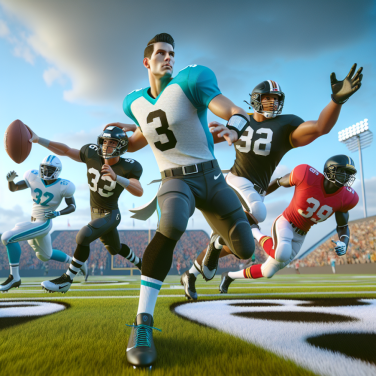Unmasking the Motives: Understanding the Infamous Soccer Bite Incident
The Luis Suarez biting incident during the 2014 FIFA World Cup has gone down in history as one of the most controversial moments in soccer. The Uruguayan forward apparently sank his teeth into the shoulder of Italian defender Giorgio Chiellini during a crucial match, leaving viewers shocked and bewildered. While blatant violence on the field is not unheard of in soccer history, this incidious act perplexed many people worldwide for its unusual nature, prompting fans, media, and professionals to seek understanding into the motive behind such peculiar behavior.
Psychologists were swift to present different theories that might explain this bizarre episode. Behavioral experts suggested that bite actions are primitive instincts ingrained in us since our cave-dwelling times, making it a last-resort reaction when dealing with extreme levels of stress or expressing dominance over an adversary.
Read also:
Decoding the Game: Understanding the Number of Soccer Players on the Field
Aftermath and Implications: Consequences of the Bite Incident on Player's Career and Reputation
The bite incident, involving a high-profile player biting an opponent during a crucial game, sent shockwaves throughout the sports community worldwide. This enormously controversial act had immense repercussions on the player's career and reputation and shrouded the talented player's football prowess.
Immediately the incident had visible effects on the player's live game presence. Disciplinary action was swift, with the governing football body imposing a hefty fine and a lengthy ban that sidelined the player for several crucial league and international games. This suspension was a significant blow to the individual's career trajectory as valuable playing time and experience was lost, which would have played a vital role in developing match fitness and maintaining status among the world's elite footballers.
Moreover, the incident created a monumental dent in the player's marketability. Endorsements play a pivotal role in shaping a professional sportsperson's career, often accounting for a sizeable portion of their earnings. Post-incident, several of the player's sponsors chose to end their association, citing the act as being against their brand's core values. This move arguably cost the player millions of dollars in lost endorsement deals, not factoring in potential future sponsorship that was likely affected.
The player's reputation took an arguably more significant hit. Often referred as an exciting and prolific footballer, this incident overshadowed the player's skills and accomplishments on the pitch. Fans and critics alike were less inclined to focus on his talent and instead became fixated on the controversial act. The public sentiment towards the player shifted drastically with many viewing him as a liability rather than an asset to the team.
The bite incident also impacted the player's relationship within the team. Harmonious team dynamics are integral to performance in football, and such a controversial act could potentially create divisions within the squad. Teammates might find it difficult to trust a player who can not control their aggression, leading to a less cohesive team.
Finally, the biting incident has become a regrettable defining moment in the player's career. Despite having an impressive career, the player is often remembered for the act than for his accomplishments on the field. This one moment of impulse has significantly shadowed the player's successes and is continually brought up in discussions related to his career – a testament to the indelible mark it has left on his reputation.
In conclusion, the consequences of the bite incident on the player's career and reputation were far-reaching and significant.




